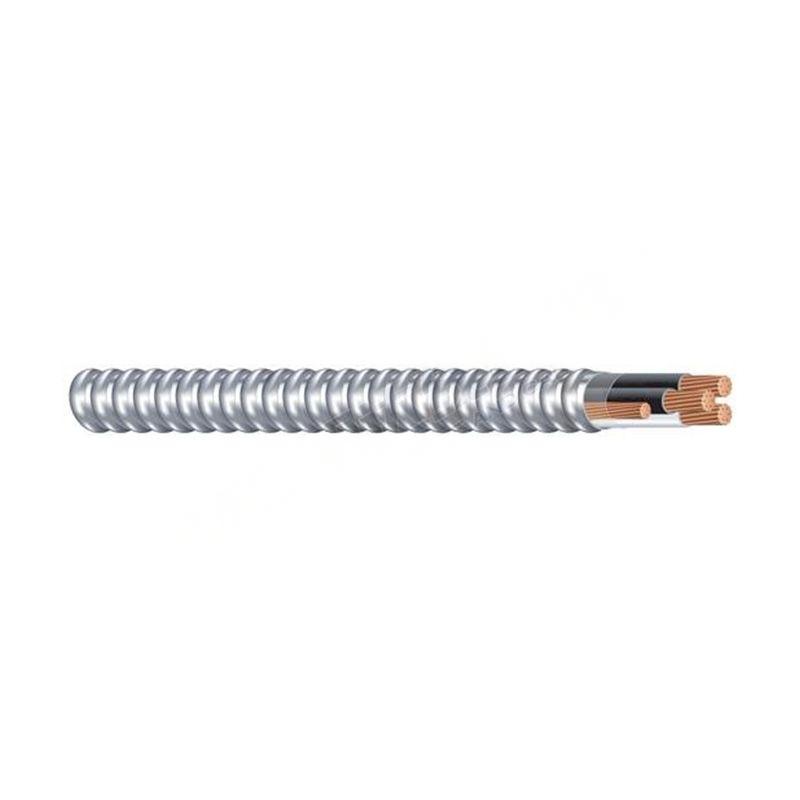Dec . 14, 2024 09:26 Back to list
Flange Type Quiet Check Valve for Efficient Fluid Control System
The Importance of Flange Type Silent Check Valves in Modern Engineering
In the realm of fluid dynamics and piping systems, the choice of valves plays a crucial role in ensuring efficiency, safety, and longevity of the systems. Among the various types of valves used in industrial applications, the flange type silent check valve stands out as an essential component. This article delves into the characteristics, advantages, applications, and maintenance of flange type silent check valves, emphasizing their significance in contemporary engineering projects.
Understanding Flange Type Silent Check Valves
Flange type silent check valves are designed to prevent backflow in piping systems, allowing fluid to flow in one direction while minimizing the risk of reverse flow. These valves are characterized by their flanged connections, making them easy to install and integrate into existing pipe systems. The “silent” aspect of their design refers to their unique mechanism, which operates quietly without the clattering sounds often associated with traditional check valves.
The valve incorporates a disc that opens and closes in response to the flow of fluid. When the fluid flows in the intended direction, the disc lifts, allowing smooth passage. If backflow occurs, the disc quickly closes, preventing reverse flow, thus safeguarding the system from potential damage.
Advantages of Flange Type Silent Check Valves
1. Reduced Noise One of the significant benefits of silent check valves is their quiet operation. This feature makes them ideal for applications in residential and commercial buildings, where noise reduction is essential.
2. Durability Flange type silent check valves are typically constructed from robust materials such as stainless steel, cast iron, or bronze, ensuring strong resistance to corrosion and fatigue. This durability translates to a long operational lifespan, reducing the need for frequent replacements.
3. Improved Flow Efficiency With their streamlined design, these valves contribute to improved flow characteristics, thereby reducing pressure drops across the valve. This efficiency is crucial for energy conservation in large-scale operations.
4. Ease of Installation The flanged ends of these valves allow for straightforward attachment to pipes, facilitating quicker installation compared to other connection types. This can lead to significant time and cost savings during construction and maintenance.
flange type silent check valve

5. Versatile Applications Flange type silent check valves are suitable for various applications, including water treatment plants, HVAC systems, industrial processes, and fire protection systems. Their versatility makes them a staple in many engineering projects.
Applications of Flange Type Silent Check Valves
Flange type silent check valves find their utility in numerous sectors. In water supply and sewage systems, they prevent backflow, protecting pumps and other equipment from potential damage. In industrial settings, they are employed in chemical processing, where maintaining the flow direction is critical for safety and efficiency. Additionally, these valves are commonly used in heating and cooling systems, where fluid movement must be carefully controlled.
In fire protection systems, silent check valves play a vital role in ensuring that water supply lines remain free from backflow contamination. They help maintain the integrity of the water supply, thereby enhancing safety in emergency scenarios.
Maintenance Considerations
While flange type silent check valves are designed for durability, regular maintenance is necessary to ensure optimal performance. Routine inspections should focus on
- Checking for leaks around the flanged connections. - Inspecting the valve for any debris or buildup that may affect its operation. - Testing the operational integrity of the disc mechanism to ensure it opens and closes smoothly.
Periodic maintenance can help identify potential issues before they lead to system failures, thereby prolonging the life of the valve and the overall piping system.
Conclusion
In conclusion, flange type silent check valves are indispensable components in modern engineering applications. Their noise-reducing design, durability, improved flow efficiency, and versatility contribute significantly to the reliability of piping systems. By incorporating these valves into various applications, engineers can ensure safe and efficient fluid management, making them a crucial consideration for any project involving fluid dynamics. Investing in high-quality flange type silent check valves can lead to significant long-term benefits, reinforcing their importance in the ever-evolving field of engineering.
Share